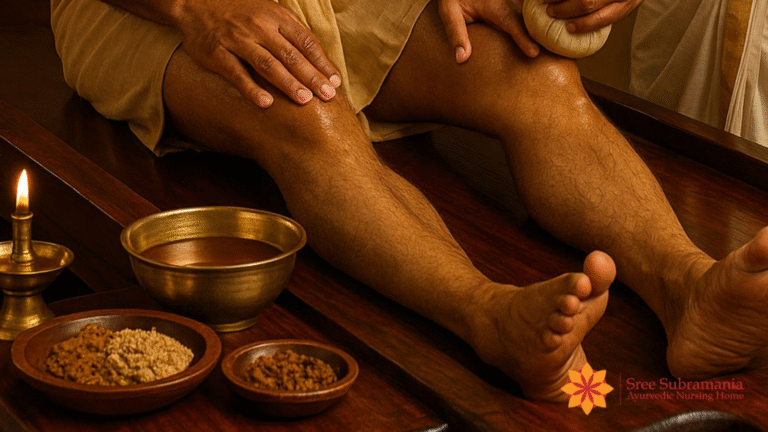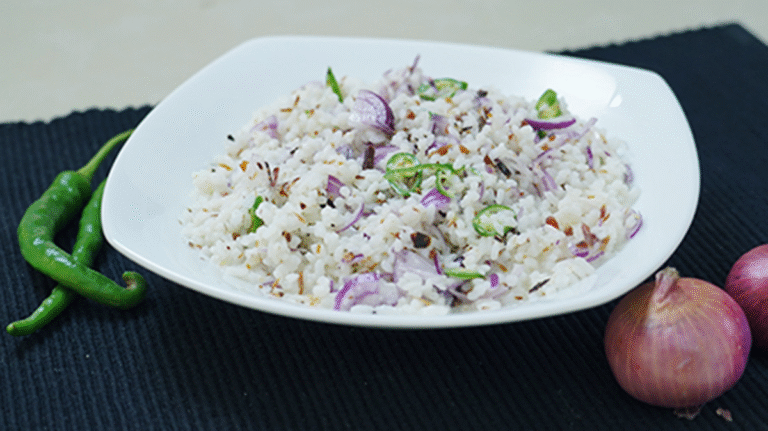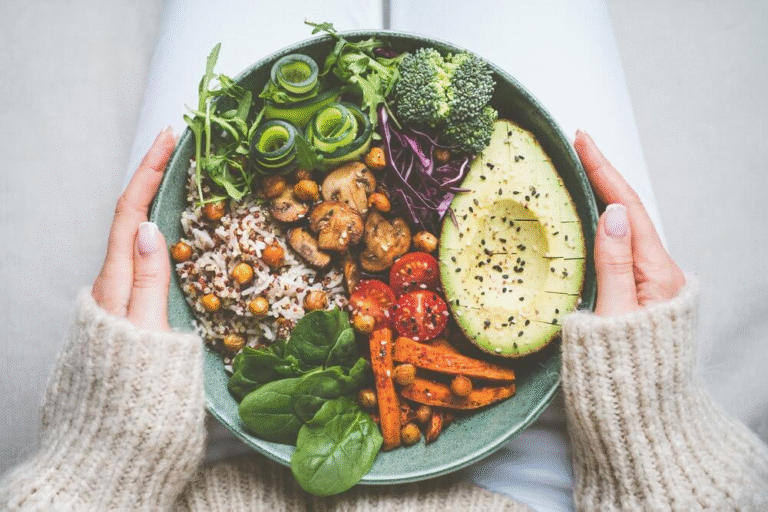Self-care is the practice of taking care of one’s own physical, mental, and emotional well-being. It is an important aspect of maintaining overall health and well-being, and it can take many forms, such as exercising, eating a healthy diet, and getting enough rest. In Sri Lanka, traditional self-care practices have been used for centuries to support overall health and well-being.
Sri Lankan traditional self-care practices are based on the principles of Ayurveda, an ancient form of healthcare that originated in India more than 5,000 years ago. In Sri Lanka, Ayurvedic medicine is known as Sinhala Ayurveda, and it has a long and rich history dating back to the 5th century BC. Sinhala Ayurveda practitioners follow the same principles as traditional Ayurvedic medicine, with a focus on natural remedies and preventative healthcare.
In this article, we will explore some of the traditional self-care practices that are commonly used in Sri Lanka to support overall health and well-being.
Massage and Bodywork
Massage and bodywork techniques are important aspects of traditional self-care in Sri Lanka. These techniques can be used to reduce stress, improve circulation, and reduce pain and inflammation. Some common massage and bodywork techniques used in Sri Lanka include:
- Abhyanga: Abhyanga is a form of warm oil massage that involves applying oil to the entire body and massaging it with long, flowing strokes. It is believed to nourish the skin and improve circulation, and it is often used to reduce stress and promote relaxation.
- Marma therapy: Marma therapy is a form of massage that focuses on specific points on the body called marma points. These points are believed to be centers of energy, and massaging them is believed to improve overall health and well-being.
- Shirodhara: Shirodhara is a treatment in which warm oil is poured over the forehead in a continuous stream. It is believed to calm the mind, reduce stress, and improve sleep.
Herbs and Spices
Herbs and spices are an important aspect of traditional self-care in Sri Lanka, and they are often used to support overall health and well-being. Some common herbs and spices used in Sri Lankan traditional self-care include:
- Turmeric: Turmeric is a spice that is commonly used in Sri Lankan cooking and traditional self-care. It has anti-inflammatory properties and is believed to support the immune system and improve digestion.
- Ginger: Ginger is another spice that is commonly used in Sri Lankan traditional self-care. It has anti-inflammatory properties and is believed to improve digestion, reduce nausea, and boost immunity.
- Cinnamon: Cinnamon is a spice that is commonly used in Sri Lankan traditional self-care. It has anti-inflammatory properties and is believed to improve digestion and boost the immune system.
- Cumin: Cumin is a spice that is commonly used in Sri Lankan traditional self-care. It has anti-inflammatory properties and is believed to improve digestion and boost the immune system.
Diet and Nutrition
Diet and nutrition play a central role in traditional self-care in Sri Lanka. A healthy diet is believed to support overall health and well-being and can be achieved through the consumption of a balance of all six tastes – sweet, sour, salty, pungent, bitter, and astringent – and an emphasis on whole, natural foods such as fruits, vegetables, grains, and legumes. Calcium-rich foods and supplements may also be recommended to support bone health. In addition to whole foods, traditional self-care in Sri Lanka may also include the use of herbal supplements and spices to support health and well-being.
Lifestyle Changes
Lifestyle changes are an important aspect of traditional self-care in Sri Lanka. These can include getting enough rest, exercising regularly, and practicing relaxation techniques such as meditation and yoga. These practices are believed to help reduce stress and improve overall health and well-being.
Considerations for Using Sri Lankan Traditional Self-Care Practices
While Sri Lankan traditional self-care practices may be effective in supporting overall health and well-being, it is important to keep the following considerations in mind:
- Complementary care: Sri Lankan traditional self-care practices should be used as a complement to, not a replacement for, Western medical care. It is important to consult with a healthcare professional and follow their recommended treatment plan.
- Individualized treatment: Sri Lankan traditional self-care practices are often tailored to the individual, taking into account their unique constitution, or dosha. It is important to work with a qualified Ayurvedic practitioner to determine the most appropriate self-care practices.
- Safety: Some herbs and supplements used in Sri Lankan traditional self-care may interact with medications or have potential side effects. It is important to consult with a healthcare professional and disclose any herbs or supplements being taken to ensure safety.
Conclusion
Sri Lankan traditional self-care practices offer a range of natural remedies and treatments that can be used to support overall health and well-being. These practices, which are based on the principles of Ayurveda, can be incorporated into daily routine to improve overall health and well-being. However, it is important to consult with a healthcare professional and work with a qualified Ayurvedic practitioner to ensure the safety and effectiveness of these practices.




